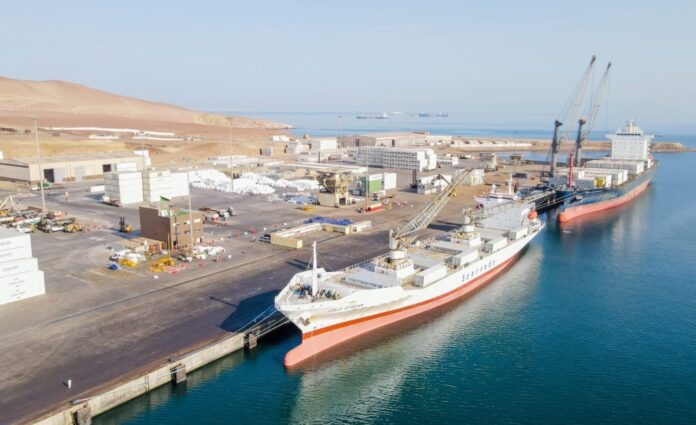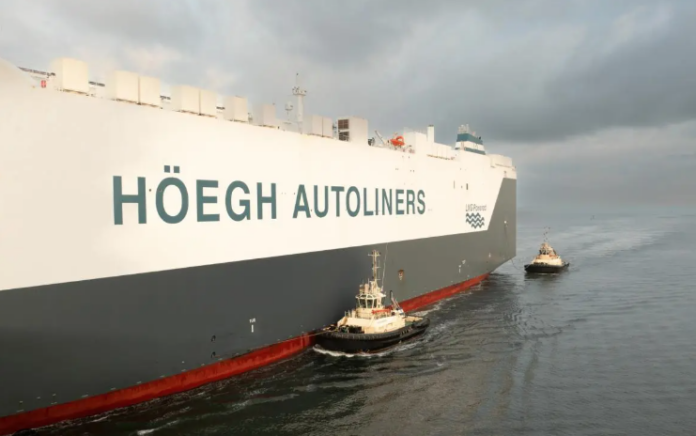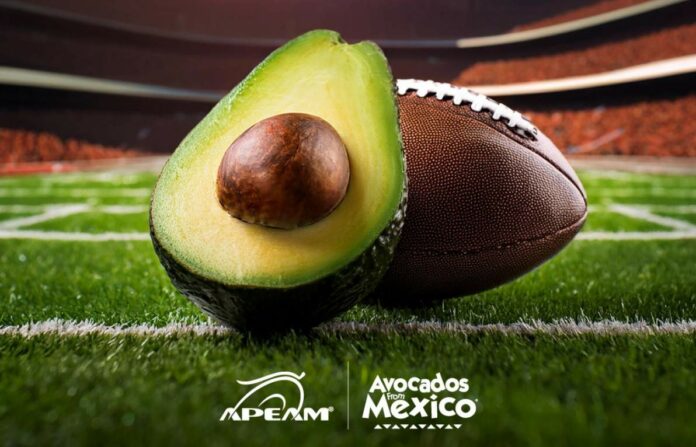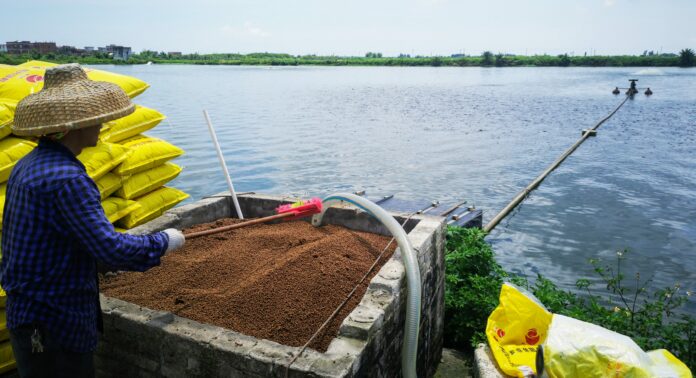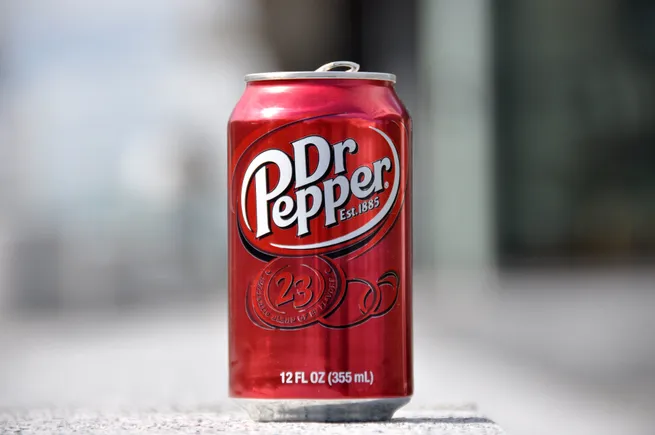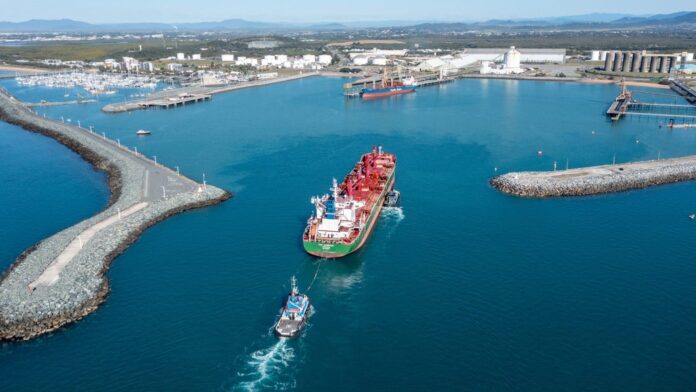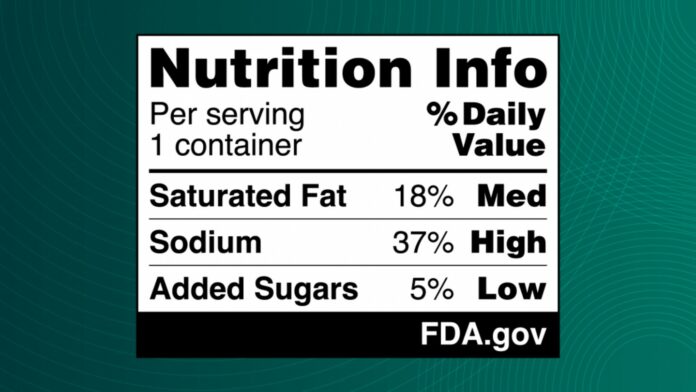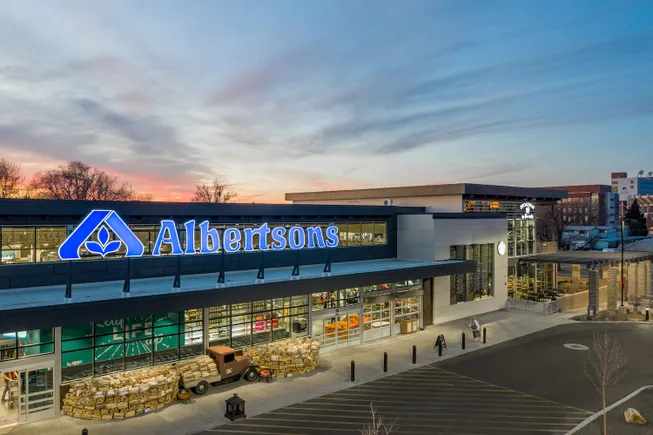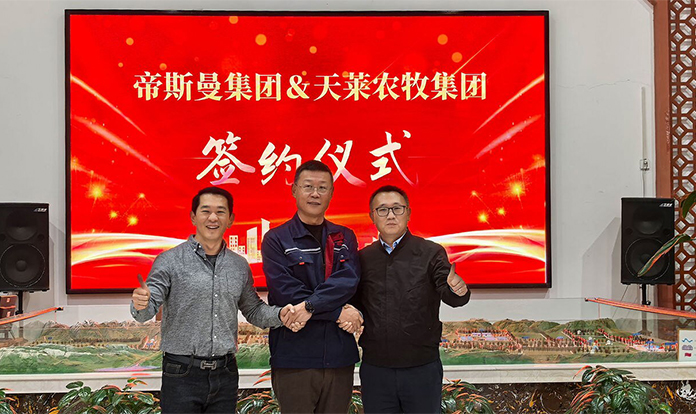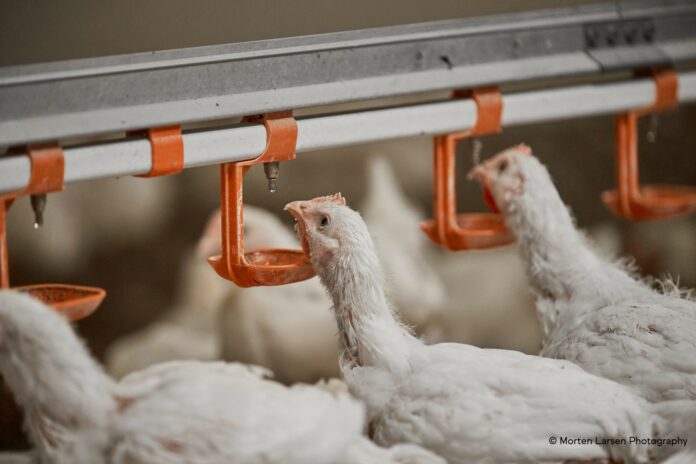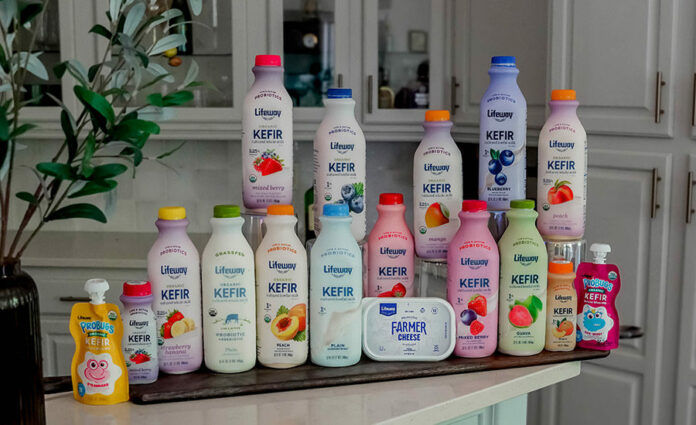Four break bulk cargo ships from Peru’s Port of Paracas are set to make a historic arrival at the Port of Gloucester in New Jersey this season, carrying shipments of Peruvian table grapes. The first vessel is scheduled to arrive on January 16, marking a significant milestone for the country’s agricultural exports.
This achievement was made possible through a partnership between Dayka & Hackett, Walmart, SENASA of Peru, and the U.S. Department of Agriculture. Tony Calvillo, vice president of International Business Development at Dayka & Hackett, highlighted the collaborative efforts that went into executing this breakthrough operation. By utilizing break bulk ships instead of traditional container shipping, the team was able to offer the Peruvian industry a new and more efficient alternative.
Calvillo emphasized the advantages of using break bulk ships, particularly in the current global container shortage scenario. He explained that the demand exceeding the container inventory has led to congestion at container terminals worldwide. However, break bulk ships arriving at private terminals experience less congestion, allowing for faster unloading of the fruit and bypassing the logistical challenges associated with container shipping.
In addition to addressing the container shortage issue, this alternative shipping method also enhances Peru’s competitiveness in the market, especially considering the rising container tariffs. By providing a more efficient and cost-effective shipping solution, Peruvian table grape exporters can maintain their competitive edge and expand their reach in the international market.
As the second, third, and fourth ships make their way to the United States, Calvillo expressed optimism about the future of Peruvian table grapes. With each vessel carrying thousands of pallets and containers of grapes, this new shipping method is expected to streamline the export process and alleviate congestion at ports, particularly during peak seasons.
The benefits of this system extend beyond operational efficiency. By opening doors to new markets and reducing congestion at ports, this alternative shipping method is poised to benefit both Peru and Chile. With a smoother and faster movement of inventory, both countries can optimize their export seasons and mitigate logistical challenges that have plagued the industry in recent years.
Dayka & Hackett acknowledged the collective effort of various stakeholders, including exporters, port authorities, shipping companies, and industry associations, in successfully implementing the first Peruvian-to-U.S. break bulk shipping operation. This milestone represents a significant step forward for the Peruvian agricultural industry and sets a positive precedent for future collaborations and innovations in the field.
In conclusion, the successful deployment of break bulk cargo ships for transporting Peruvian table grapes to the United States signifies a major achievement for the country’s agricultural exports. By leveraging this innovative shipping method, Peruvian exporters can overcome logistical challenges, reduce operational costs, and enhance their competitiveness in the global market. This collaboration between industry stakeholders and government agencies exemplifies the power of partnership and innovation in driving sustainable growth and development in the agricultural sector.

